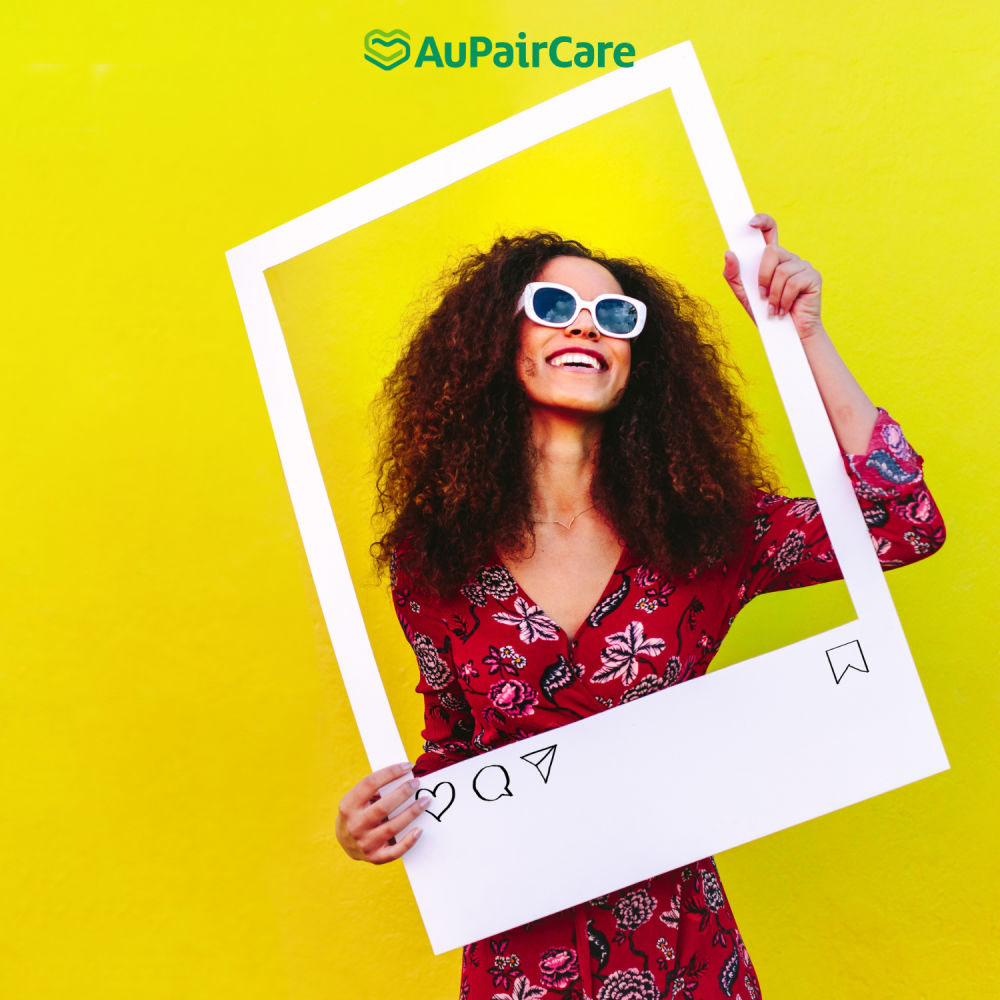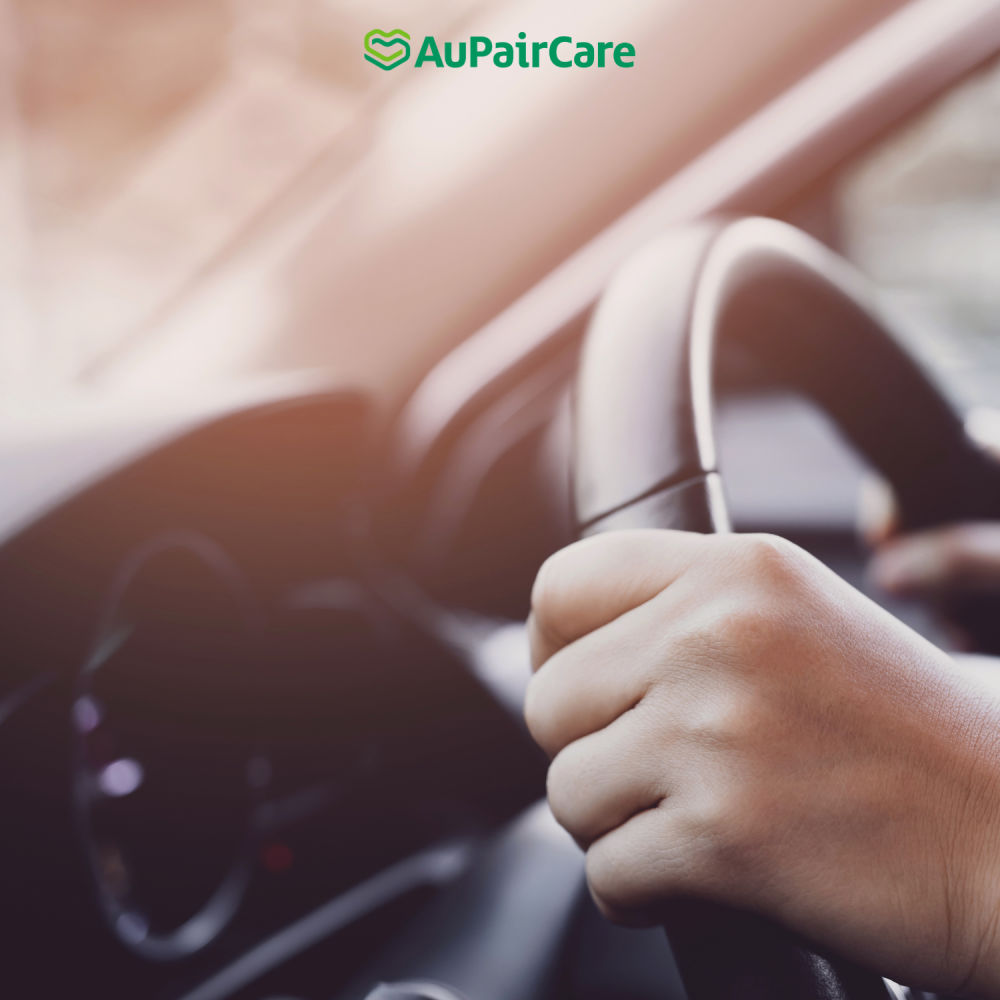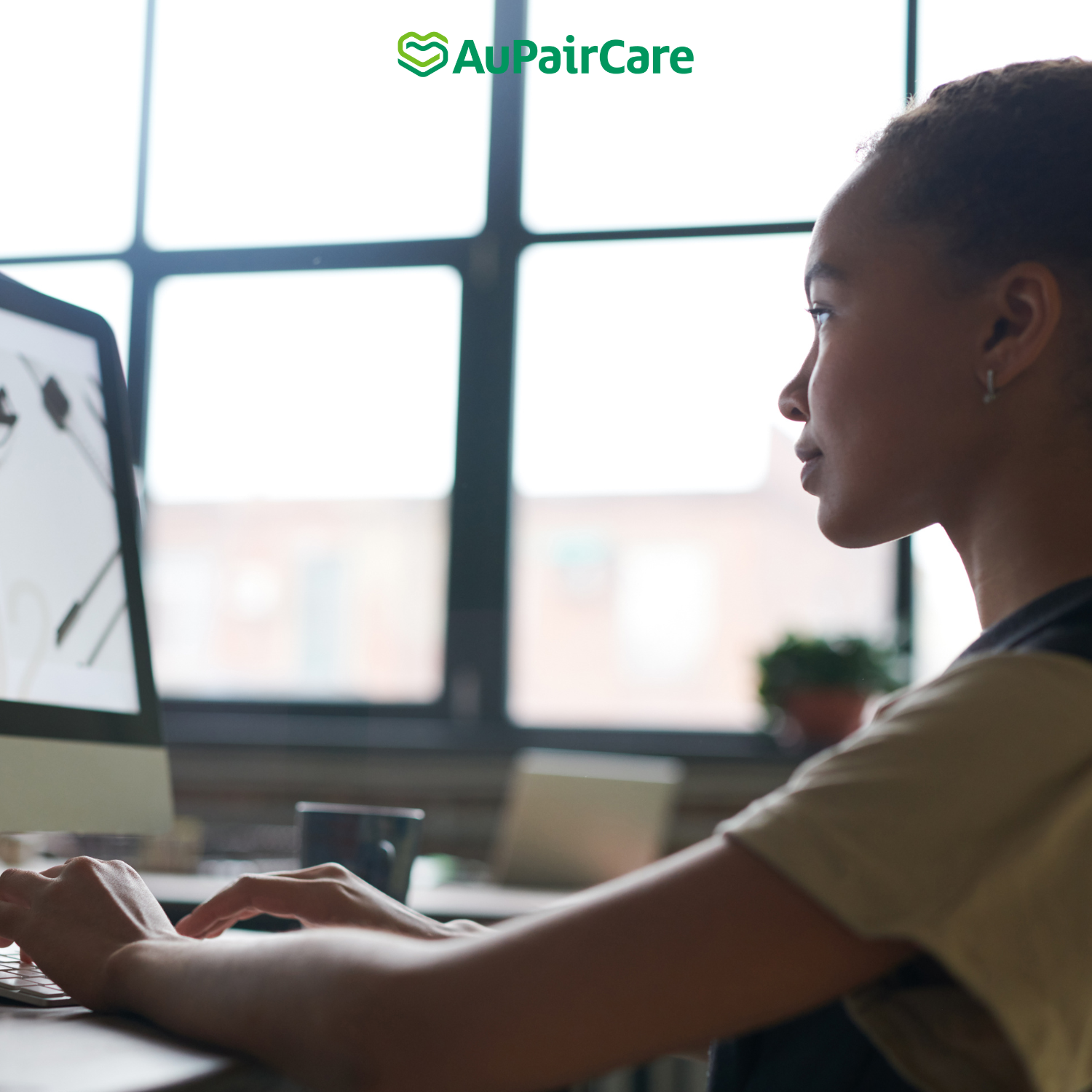Summer Safety Tips for Au Pairs and Host Families

This summer safety guide covers:
✅ How to stay properly hydrated in hot weather
✅ The right way to apply and reapply sunscreen
✅ Why helmet safety is critical for active kids
✅ Tips for water supervision and pool safety
✅ The dangers of leaving children or pets in vehicles
✅ How to protect against insect bites and allergies
✅ Smart tips for supervising kids at the playground
✅ Resources and tools for families and au pairs to stay informed
Summer is the season for sunshine, vacations, outdoor play, and cultural connections. But with excitement also comes seasonal safety risks that can affect kids, au pairs, and host families alike. Whether you’re spending your days by the pool, at the park, or on a weekend road trip, this guide is designed to help you enjoy summer safely and responsibly.
1. Stay Hydrated
In the heat, both children and caregivers are at an increased risk of dehydration and heat exhaustion. The symptoms can include dizziness, fatigue, headaches, and irritability, especially in younger kids. Encourage and enable healthy hydration habits by following the tips below.
- Drink water consistently, and don't wait until you're thirsty
- Avoid sodas and sugary drinks, especially outdoors
- Make sure hydrating foods and vegetables are a regular part of your child's diet, for both nutrition and hydration
- Provide children with fun, reusable water bottles they'll want to carry around
WebMD recommends how much H2O kids should drink every day:
- Toddlers: 2 to 4 cups
- 4-8 years: 5 cups
- 9-13 years: 7-8 cups
- 14 and up: 8-11 cups
2. Use Sunscreen
Too much sun can lead to sunburns, premature skin damage, and even long-term health risks. Proper sunscreen use is key for both short-term comfort and long-term protection. The American Academy of Dermatology recommends always using sunscreen and other sun protective measures, such as hats and sunglasses, when playing outdoors.
Sunscreen safety tips:
- Choose broad-spectrum SPF 30 or higher
- Apply 15-30 minutes before going outdoors
- Reapply every 2 hours and immediately after swimming or sweating
- Don't forget often-missed areas: ears, neck, feet, and the back of the knees
- Sunscreen is not recommended for babies who are 6 months or younger; rather, keep them shaded and dressed in sun-protective clothing.
3. Helmet Safety
Summer often means more time outdoors—biking, scootering, skateboarding and sports. These activities are fun but come with real risks of injury if helmets aren’t worn or fitted properly.
Helmet fit checklist:
- Helmets should sit level on the head, not tilted
- The chin strap should be snug with no slack
- Helmets should not rock side to side or back to front
4. Water Safety
Whether you're at a beach, pool, or splashpad, drowning is the leading cause of accidental death for children under five, and it can happen silently in under a minute.
- Always supervise kids near water, no exceptions
- Stay within arm's reach of non-swimmers
- Avoid distractions like texting or scrolling on your phone
- Use approved life jackets for kids who aren't strong swimmers
🔗 American Red Cross: Water Safety for Kids
5. Never Leave Kids or Pets in Cars
A car’s interior can heat up by 20 degrees in 10 minutes—even on a mild 70°F day. Heatstroke is fast, silent, and deadly. Don't take any chances. The National Safety Council advises parents and caregivers to establish a routine and avoid distractions to minimize the risk of leaving a child unattended.
Hot car safety tips:
- Check the back seat every time you leave the vehicle
- Place something essential (like your purse or phone) in the back seat as a reminder
- Au pairs and host families should discuss car safety protocols
6. Insect Protection& Allergy Awareness
Warm weather brings an increase in mosquitoes, ticks, bees, and wasps, which can cause discomfort or trigger severe allergic reactions. Au Pairs and their host families should all be on the same page when it comes to treating bug bites and stings.
Tips to prevent bites and stings:
- Apply child-safe insect repellent before going outdoors
- Wear light-colored clothing and avoid heavily scented products
- Know how to treat stings and when to seek medical attention
- Make sure au pairs are aware of any allergies and emergency plans
🔗 Insect Bites and Stings: First Aid
7. Playground Safety
Playgrounds are great for exercise and fun, but during the summer, they come with extra risks like overheated equipment, sun exposure, and minor injuries.
- Visit during early morning or late afternoon to avoid peak heat
- Check equipment surfaces, especially metal, for any signs of burns
- Encourage equipment that is right for the child's age
🔗 Safe Kids: Playground Safety
Au pairs and host families are a team, and working together to prioritize safety, hydration, supervision, and sun protection helps everyone thrive through the season. Take these precautions seriously to avoid preventable accidents and health issues.
For more resources, check out:
At AuPairCare, the health, safety and well-being of our host kids and au pairs are our top priority. Use this easy-to-follow Summer Safety Guide to help you make the most of the season, safely.

Disclaimer: The information provided in this blog is intended for general guidance and educational purposes. It should not be considered professional medical, legal, or childcare advice. Always consult a licensed professional for advice tailored to your specific situation. We may include external resources for convenience, but we are not responsible for their content or accuracy.
Request More Information















